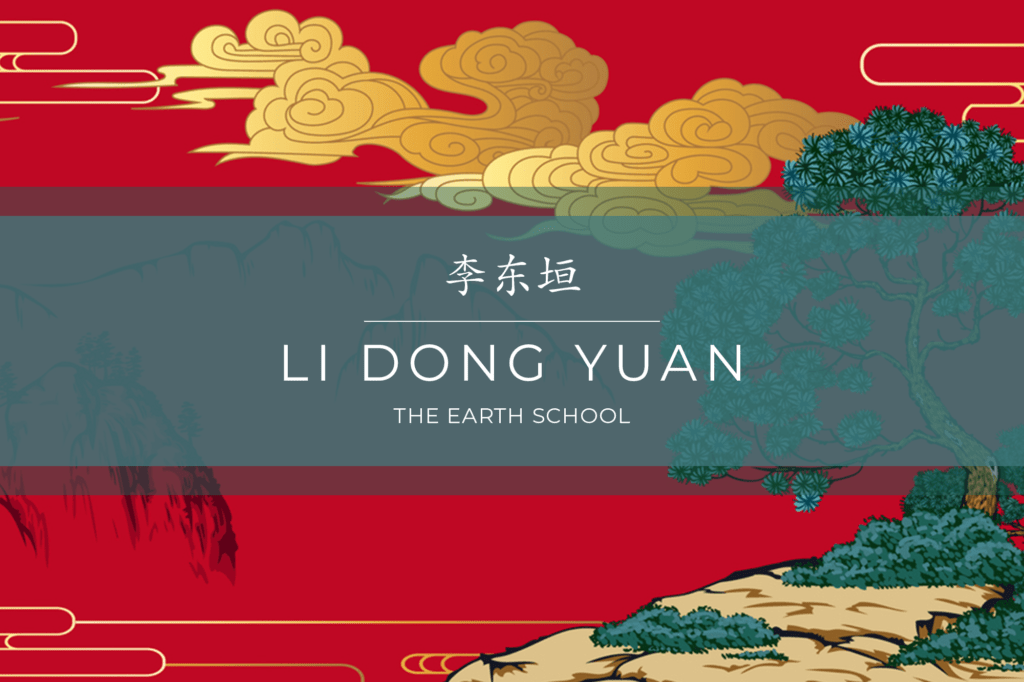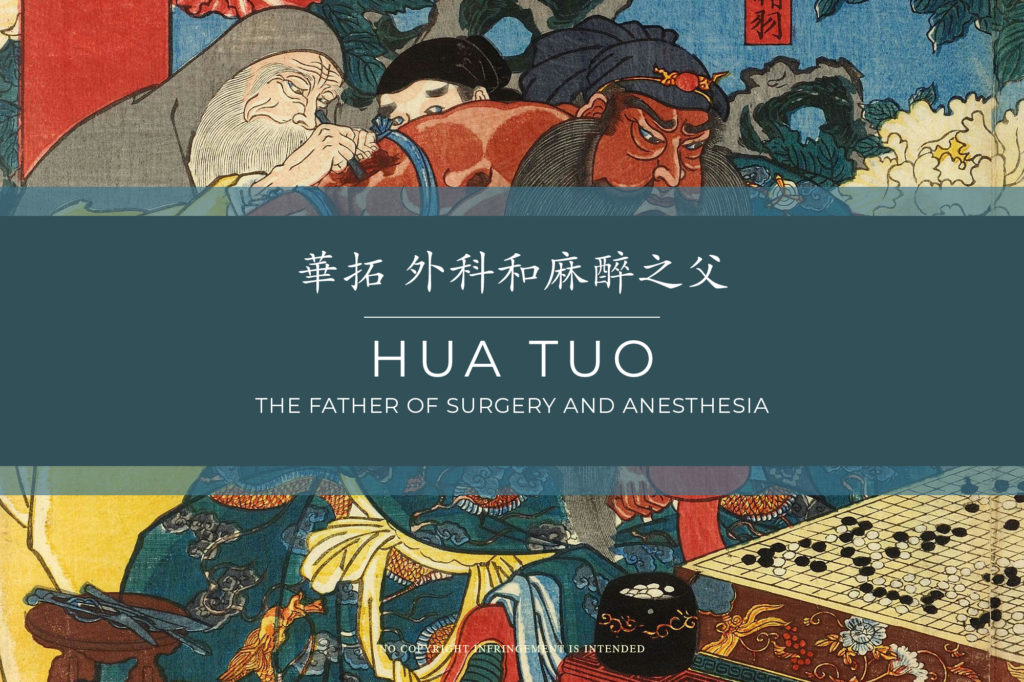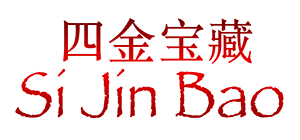
李东垣 Li Dong Yuan: The Earth School 李东垣 Lǐ Dōng Yuán (1180-1251) is revered as one of the Four Great Masters of Traditional Chinese Medicine during the Jin (1115-1234) & Yuan (1271–1368 ) Dynasties, and founder of the great 补土派 Earth School of thought. His name has been memorialized alongside legendary physicians such as 劉完素 […]

Bao Gu: The Immortal Lady Bao Bao Gu lived during the 晉朝 Jin Dynasty (266 – 420 A.D.) and is celebrated as one of the four most influential female physicians of ancient China. Bao Gu’s name is among giants such as Yi Shuo, who was the first female Imperial Physician for the Empress of the […]

華佗 Hua Tuo: The Father of Surgery and Anesthesia Ancient China has had many highly skilled and humble physicians as well as herbalists born onto its land. We honor those who have preceded us in this lineage by highlighting them in our Famous Ancient Physicians Series. Today we will be talking about 華佗Hua Tuo’s profound […]



